03/03/2025
La comunidad convoca a la Comisión del Gobierno para combatir la pobreza para evaluar y mejorar la atención a las personas vulnerables.
El Ministro de Política Social destaca la necesidad de analizar los datos de la pobreza en la región «porque, en un primer análisis, algunos índices están marcados por la desigualdad territorial, el aumento del IPC y disminuye el nivel de ingresos de las familias»
Conchita Ruiz enfatizó que, junto con las administraciones, las entidades EAPN, «fortalecemos las políticas de atención social a través de la estrategia de pobreza regional, por lo que nadie se queda atrás».
El Ministro de Política Social, Familias e Igualdad, Conchita Ruiz, during the Comisión Declarante para combatir la pobreza
El Ministerio de Política Social, Familias e Igualdad organized today the meeting of the Management Commission to combat poverty, which was called «to evaluate and improve the care for vulnerable people and establish efficient policies that allow the reversal of poverty and social exclusion in the region,» said councilor Conchita Ruiz.
During the meeting organized with different administrations and representatives of the network for the fight against poverty and social exclusion in the Murcia region (EAPN), the councilor said that «it is necessary to identify the parameters that influenced the downward trend that the region maintains in relation to the poverty index.» National, with an increase in the CPI and a decrease in family income.
«A set of situations that particularly affect families with lower incomes and show that today, maintaining a home has become a real endurance race,» said Conchita Ruiz.
The councilor emphasized the importance of the activity carried out by the Government Commission «because it will allow the evaluation of what we do and in which areas to strengthen social care policies, so that no one is left behind.»
Precisely, the councilor indicated that this is the work being carried out with the regional strategy to combat poverty, where a specialized technical commission analyzes the actions currently being developed by different administrations and entities in the third sector, «to test the level of operation they have, where care must be consolidated, projected, and foresighted.»
Ruiz explained that the first project concluded in December of last year and was presented today to the Government Commission with the contributions made by the different components of the working group. They will meet again on March 14 to permanently close this document.
The government commission for poverty control is a consulting and social participation body that the Ministry of Social Policy reactivated last year to establish a coordinated work route, the different administrations and entities in the third sector. The councilor explained that «we all work together to meet the real needs presented by families in vulnerability in the region.»
Positive Actions
Among the reference points that the community has launched from the Ministry of Social Policy and that contribute to the prevention and tackling of poverty in the region, highlights the consolidation of primary care services with the hiring of 71 professionals in social intervention, with a total budget of over two million euros; The development of 327 social projects to which 13 million euros were allocated and benefited more than 200,000 people, as well as the continuity of the Pares project that accompanies, to eradicate residential exclusion, with an investment of over half a million euros from FSE+ and Feder funds, recognized as an example of good practices in different European forums.
Recently, the Minister of Social Rights, Consumption, and the 2030 Agenda, Pablo Bustunduy, during his meeting with the Minister of Social Policy, congratulated the regional government for the efficient management of the Basic Needs Program, one of the first communities to deplete the credit, covering all families that requested it. Specifically, more than 3,000 families and 12,430 people in vulnerability.

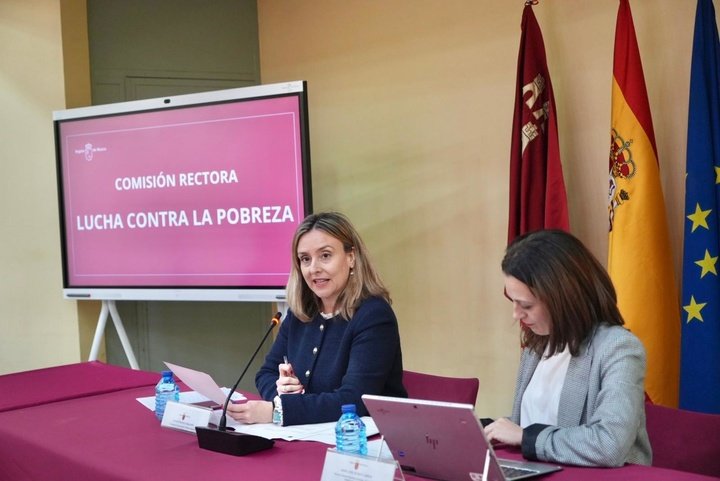

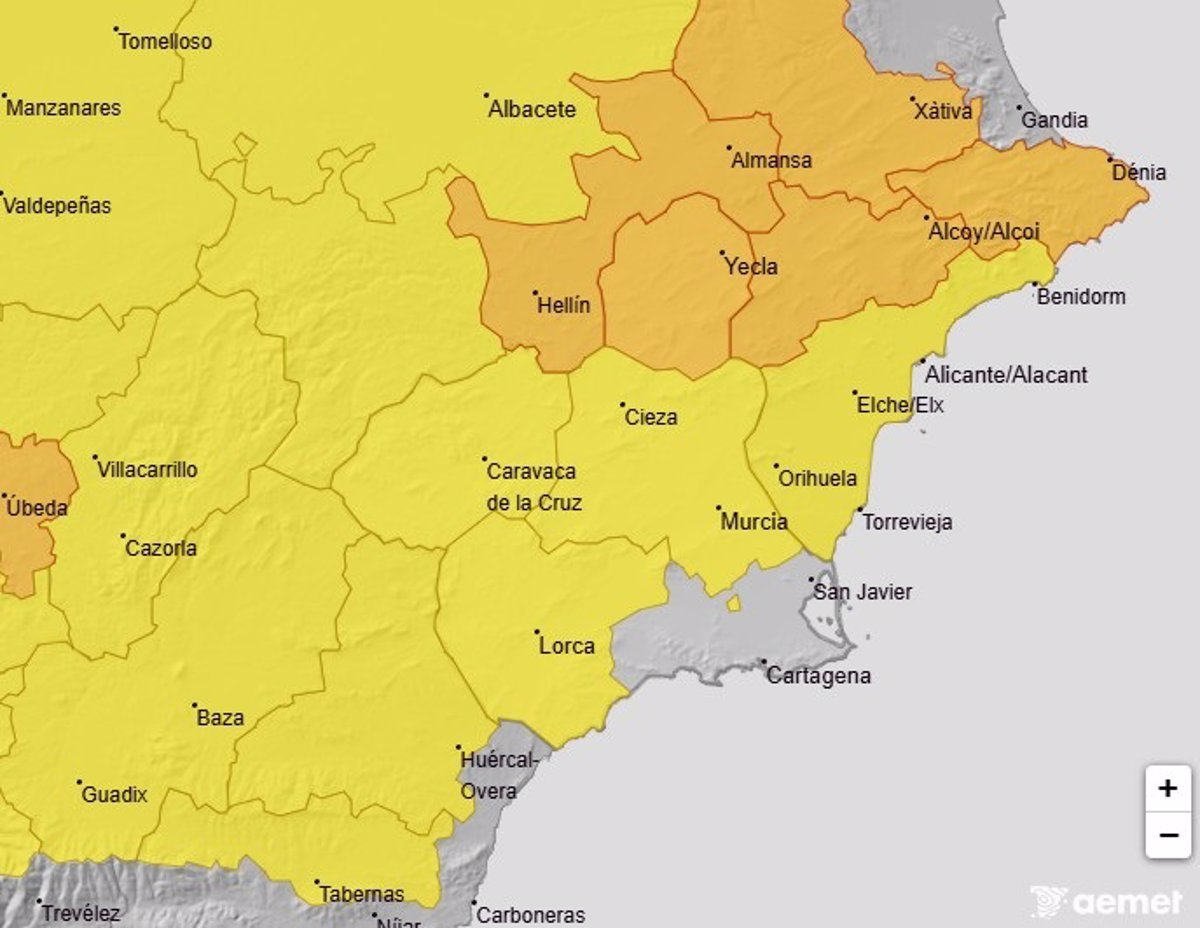


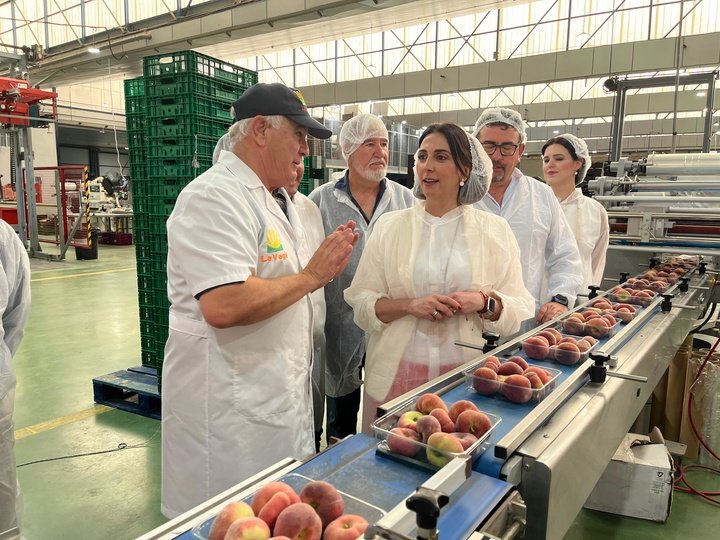



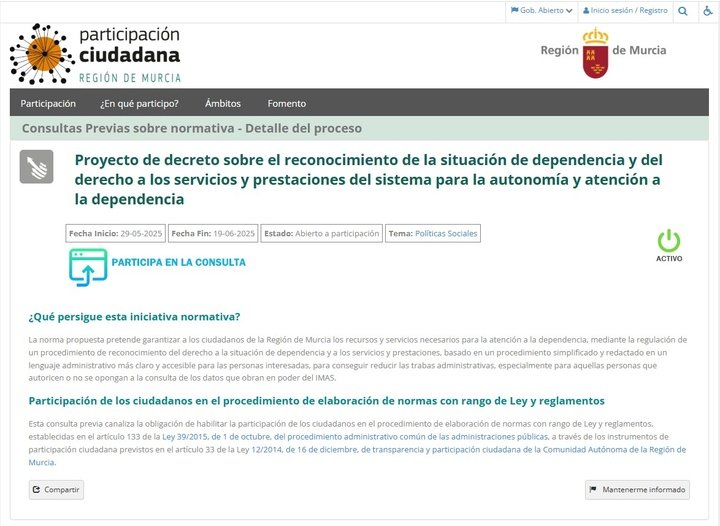
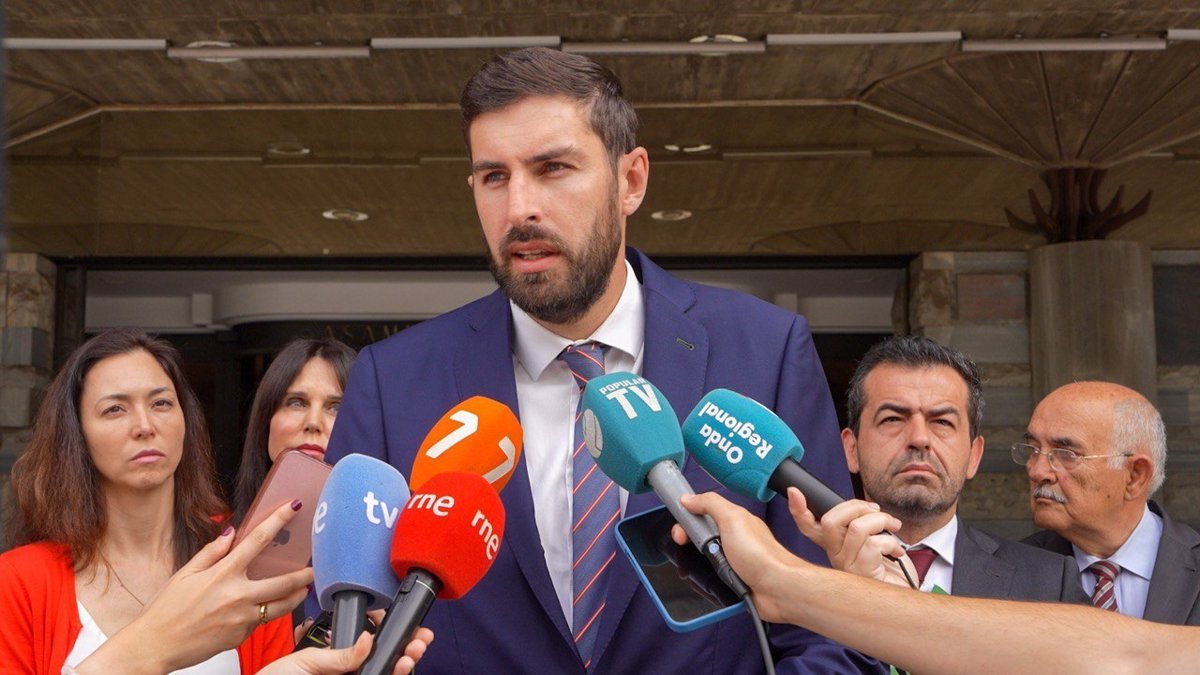

Deja una respuesta